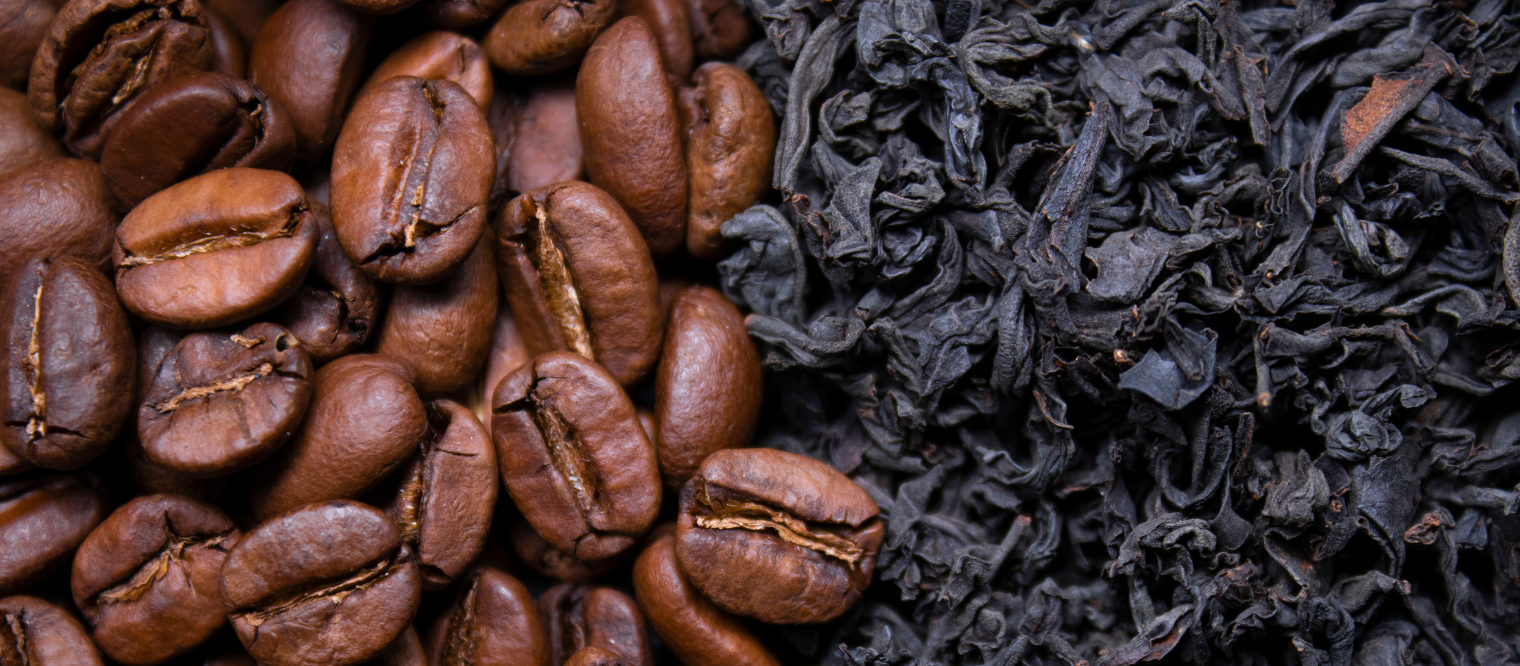
Why are coffee drinkers choosing tea?
Which team are you on? Coffee drinkers and tea cup drinkers divide the world, and once you've chosen a side, it's unlikely you'll ever switch back. However, the advantages of drinking tea instead of coffee on a daily basis are well-documented. And believe it or not, tea is much more effective for you in the longer run.
If you are a coffee lover, it may be hard for you to leave it in the first place but when you accept a tea cup, you’ll start to notice a positive outlook in life. Revering the oldest tradition of tea-drinking, there has to be a justifiable reason why it stayed in people’s life for centuries!
Accepting this change, according to a dietitian, could improve your sleep, lower your cholesterol, and even whiten your teeth over time.
But let’s be realistic, switching from coffee to tea, on the other hand, is a significant adjustment, and you should expect negative side effects such as headaches caused by withdrawal symptoms from caffeine, which is often higher in coffee than in tea. You might notice a change in your mood as well. While some teas offer more health benefits than coffee, there is plenty of evidence that drinking tea on a regular basis might improve your overall health and wellness.
Why tea over coffee?
There are many proven tea's energising properties. Tea has less caffeine than coffee, but it is high in L-theanine, a strong antioxidant that also stimulates the brain. L-theanine, unlike caffeine, may have anti-stress properties by enhancing alpha waves in the brain, which help you relax and quiet down.
This counteracts caffeine's stimulating effect and leaves you feeling relaxed but aware without being tired. According to studies, combining L-theanine with caffeine in the form of tea cup can help you maintain alertness, focus, attention, and sharpness. This combination could explain why tea provides a calming and smoother energy boost than coffee.
A Proper Sleep Cycle
The most significant differences between coffee and tea may become apparent when it’s time for you to doze off. A peaceful sleep after a long tiring day is what everyone desires in this fast moving world.
Researchers found that while both tea and coffee provide equivalent benefits to your attention throughout the day, coffee drinkers have a tougher time falling asleep at night; possibly because the higher caffeine content ultimately catches up with you.
Tea drinkers, on the other hand, slept longer and always had a sound sleep.
The verdict: Tea has many of the same advantages as coffee, but without the sleepless nights - a clear winner.
A Perfect Smile
Many adults around the world are troubled by the yellow teeth staining because of high coffee intake. Coffee includes tannins, which are a form of polyphenol that degrades when exposed to water. They can also be present in alcoholic beverages such as wine. Tannins allow color compounds to adhere to the surface of your teeth. When these compounds adhere to each other, they might create an unsightly yellow tint.
Coffee is highly acidic, which means that each cup erodes your dental enamel and discolors your teeth. Reduce your coffee intake to prevent your teeth from erosion over time, resulting in a whiter (and more confident!) grin.
The verdict: Tea is less evil than coffee in terms of teeth staining.
A tonic for both- body and mind
Tea is a healthy elixir that has been passed down through generations, and its infusions are responsible for preserving your heart, curing types of cancer, preventing diabetes, weight loss, and providing a sense of wholeness and calm to your body. It is a warm beverage that refreshes your thoughts and relieves your tensions in unfavorable situations.
In reality, there is some evidence that tea can help you relax: as compared to individuals who drink herbal infusions, frequent tea users had a calmer physiological response to stressful events.
The verdict: Coffee doesn’t have the same repo folks. It juggles your nerve sensations making you more anxious. People who consume three cups of tea each day appear to have a lower risk of depression than those who don't.
Bottom Line
Of course, the beverage you choose is a personal choice, but what you eat and drink affects how your body aligns and performs. It is critical to look after one's health and mind rather than wrecking both. Rather than following the crowd, think about what contributes to your personal wellness.
People have changed to herbal teas, black teas, and green tea cup as a result of a menacing pandemic period during which they finally opened their eyes to preferring healthier options.